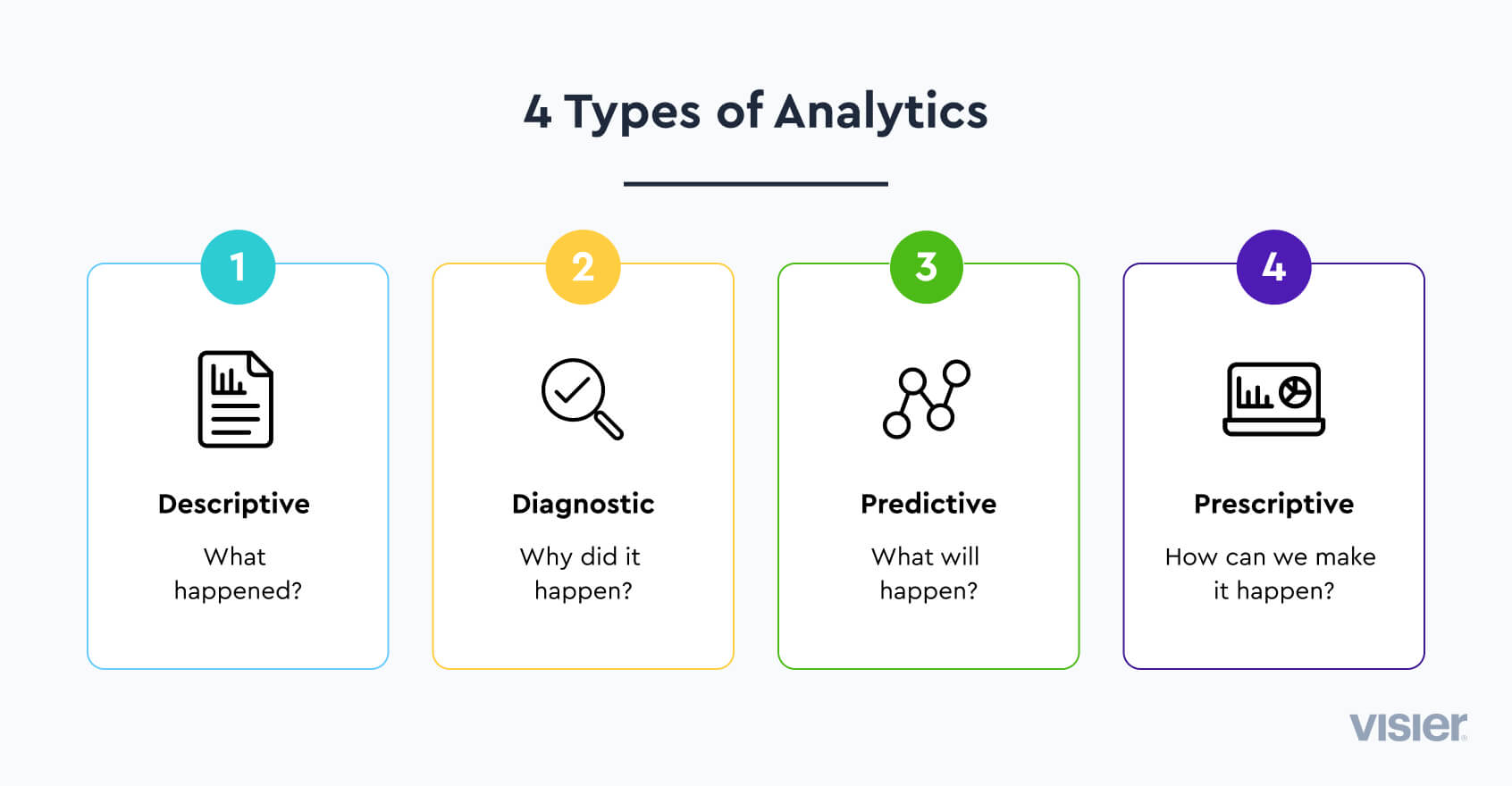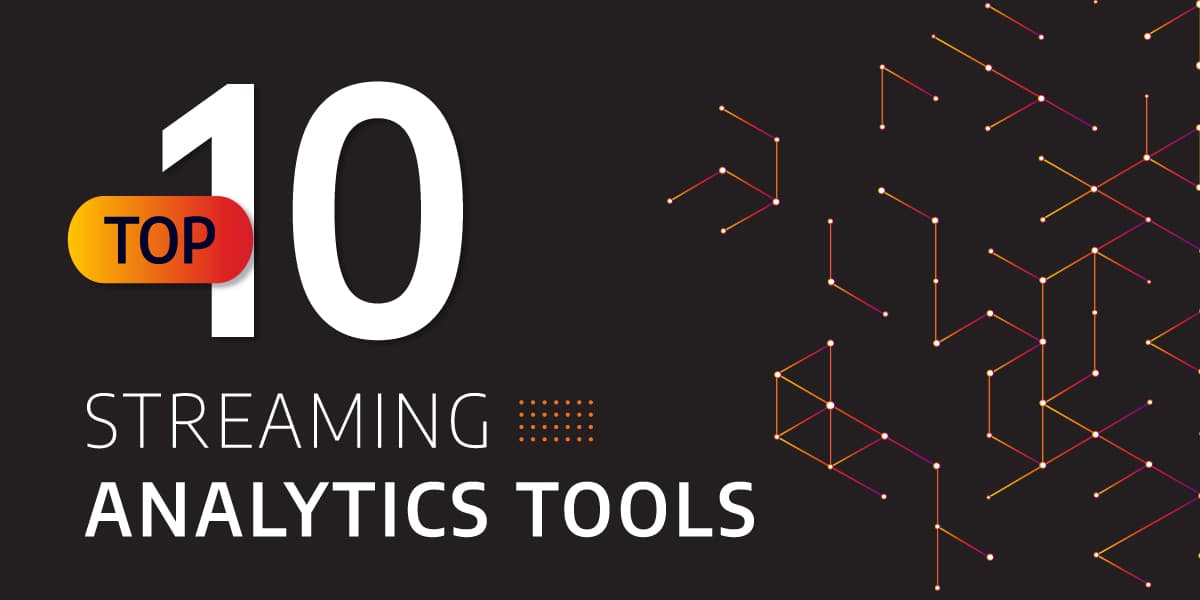Enhance Your Workflow with Intelligent Analytics Equipments
Enhance Your Workflow with Intelligent Analytics Equipments
Blog Article
Make Best Use Of Development: Just How Analytics Drive Better Methods
By harnessing information understandings, organizations can fine-tune their operational strategies, anticipate market adjustments, and enhance consumer involvement. The challenge lies not only in gathering data however in efficiently interpreting it to drive concrete outcomes.
Recognizing Information Analytics
Information analytics is a methodical computational analysis of data that allows companies to reveal significant patterns and insights. This procedure includes a variety of techniques, consisting of analytical evaluation, predictive modeling, and data mining, which collectively aim to change raw data into actionable info - Analytics. By using these approaches, companies can make educated decisions that are rooted in empirical proof as opposed to instinct alone
The foundation of information analytics lies in its ability to deal with huge quantities of details from diverse sources. This includes organized information, such as databases, and disorganized information, consisting of social media sites interactions and consumer responses. With using specialized software and tools, analysts can extract and refine this information effectively, identifying patterns and relationships that may not be promptly obvious.
Comprehending information analytics additionally includes identifying the significance of information high quality and stability. Reliable and precise data is important for significant evaluation; thus, companies should execute durable information governance techniques. The repetitive nature of analytics enables for continual improvement and renovation of methods, guaranteeing that companies remain active in the face of altering market characteristics and customer habits.
Key Benefits of Analytics

One of the essential benefits of analytics is its ability to supply workable understandings. Organizations can quickly examine large amounts of information, revealing patterns that might not be instantly evident. This aids in anticipating market changes and adjusting techniques appropriately. In addition, analytics promotes a society of evidence-based decision-making, decreasing dependence on intuition and guesswork.
An additional considerable advantage is improved customer understanding. Analytics tools allow businesses to segment their target market, track consumer actions, and personalize advertising initiatives. This targeted method not only improves client engagement however additionally drives higher conversion prices.

Implementing Analytics Techniques
To fully understand the advantages of analytics, companies have to take on organized methods for implementation. This starts with clearly defining purposes that straighten with broader organization objectives. By establishing certain, quantifiable end results, companies can focus their analytics initiatives on locations that produce the highest possible roi.
Following, companies need to prioritize information governance to ensure the stability and safety and security of the data being analyzed. This entails establishing procedures for information collection, storage space, and gain access to while sticking to internet pertinent laws. Ensuring premium data is essential for producing meaningful understandings.
Furthermore, fostering a society of data-driven decision-making is vital. This needs training workers to interpret analytics searchings for and motivating cooperation across divisions. They are extra most likely to incorporate understandings into their day-to-day operations. when groups understand the worth of analytics.
Last but not least, organizations must regularly assess and refine their analytics strategies. The landscape of data and modern technology is consistently evolving, and remaining versatile will permit organizations to take advantage of navigate to this site new devices and methodologies properly. By executing these organized methods, organizations can take full advantage of the influence of their analytics campaigns and drive sustainable growth.
Tools for Reliable Analysis
Reliable evaluation relies upon a range of tools that facilitate the removal of understandings from information - Analytics. These tools can range from easy spreadsheet applications to advanced maker discovering platforms, each serving a distinct purpose in the logical procedure
Information visualization software program, such as Tableau and Power BI, plays a crucial role in transforming complex datasets into understandable graphical representations. These tools allow experts to recognize fads and patterns swiftly, permitting for even more educated decision-making.
Analytical evaluation software application, like R and SAS, supplies advanced capabilities for carrying out in-depth evaluations, including regression, theory screening, and anticipating modeling - Analytics. These attributes encourage organizations to attract significant conclusions from their data, identifying possible opportunities and risks
Additionally, data source monitoring systems such as SQL and NoSQL databases give the required facilities for keeping and querying huge quantities of information effectively. They make sure that information is organized and available for analysis.
Last but not least, business intelligence systems integrate different data resources, providing a comprehensive view of organizational efficiency. By using these devices efficiently, businesses can improve their logical capabilities, enabling them to create techniques that make best use of growth and boost total performance.
Situation Research Studies of Success
Successful organizations commonly utilize information analytics to drive impactful techniques, as shown by several remarkable case studies. By using these insights, Netflix has efficiently customized its material recommendations, this contact form resulting in boosted individual interaction and customer retention.

Additionally, Starbucks uses information analytics to identify optimum shop areas and fine-tune its product offerings. By analyzing customer demographics and buying patterns, Starbucks successfully identifies high-potential markets and tailors its menu to neighborhood preferences, driving sales and customer loyalty.
These situation researches illustrate that effective usage of data analytics can lead to strategic advantages, cultivating development and development within companies throughout different sectors.
Verdict
Finally, the combination of analytics into organizational techniques dramatically boosts decision-making processes and cultivates sustainable development. By leveraging data-driven understandings, companies can identify fads, expect market changes, and maximize procedures. The efficient application of analytics tools even more supports dexterity and technology, enabling organizations to navigate affordable landscapes with higher precision. Inevitably, a commitment to analytics not only drives immediate performance improvements yet also protects long-term success in an ever-evolving marketplace.
Information analytics is a methodical computational evaluation of information that allows organizations to reveal significant patterns and understandings.Understanding information analytics likewise involves identifying the relevance of data quality and integrity. Exact and dependable data is vital for purposeful analysis; thus, organizations have to execute durable data governance techniques.Next, organizations should focus on data governance to make sure the integrity and safety and security of the information being examined.Effective companies commonly utilize information analytics to drive impactful methods, as evidenced by numerous noteworthy case studies.
Report this page